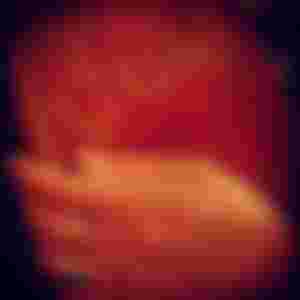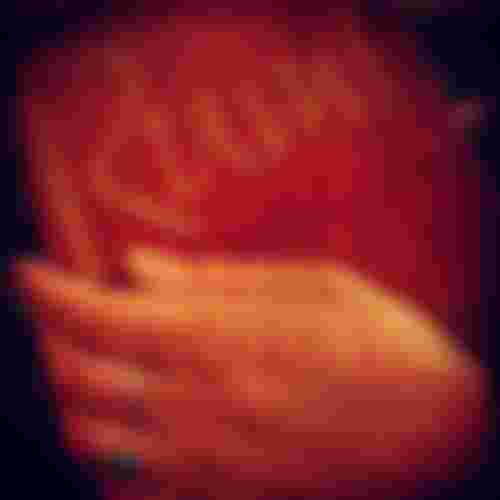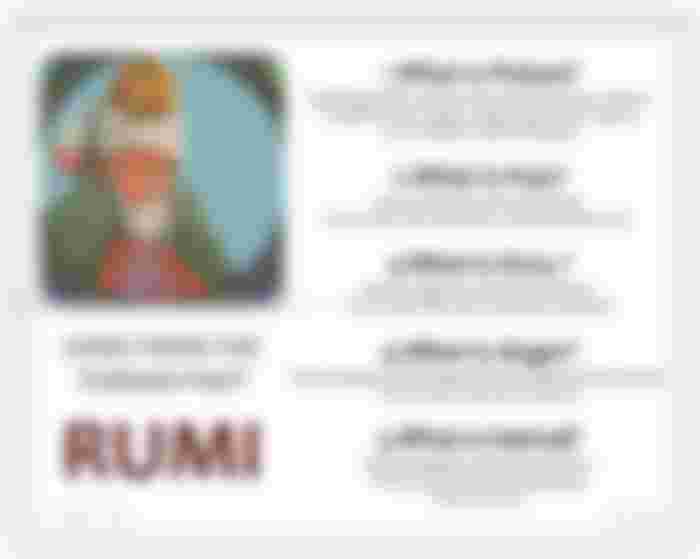Rumi’s answer to questions asked by a disciple:
What is Poison?
He replied with a beautiful answer – Anything which is more than our necessity is Poison. It may be Power, Wealth, Hunger, Ego, Greed, Laziness, Love, Ambition, Hate or anything
What is Fear…..?
Non acceptance of uncertainty.
If we accept that uncertainty, it becomes adventure…!

What is Envy ?
Non acceptance of good in others
If we accept that good, it becomes inspiration…!
What is Anger?
Non acceptance of things which are beyond our control.
If we accept, it becomes tolerance…!
What is Hatred?
Non acceptance of person as he is.
If we accept person unconditionally, it becomes LOVE…!!
Accept as is …. and Transform your life...



Kolku ubavi odgovori, i kolku vistina vo niv. I sekoj sto kje gi procita treba da dobie inspiracija od niv, Pouka. Sto e otrov...Se sto e poveke od nasa potreba e otrov....